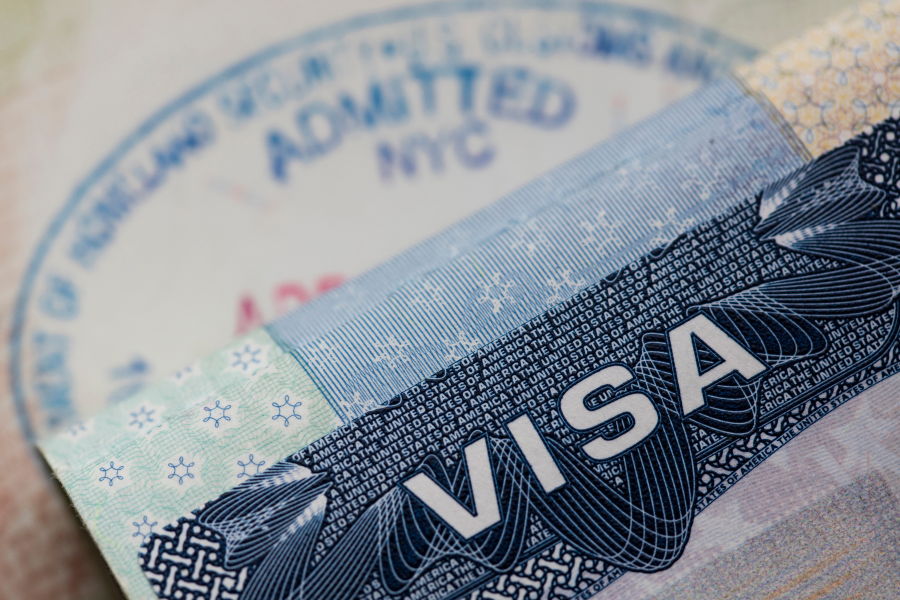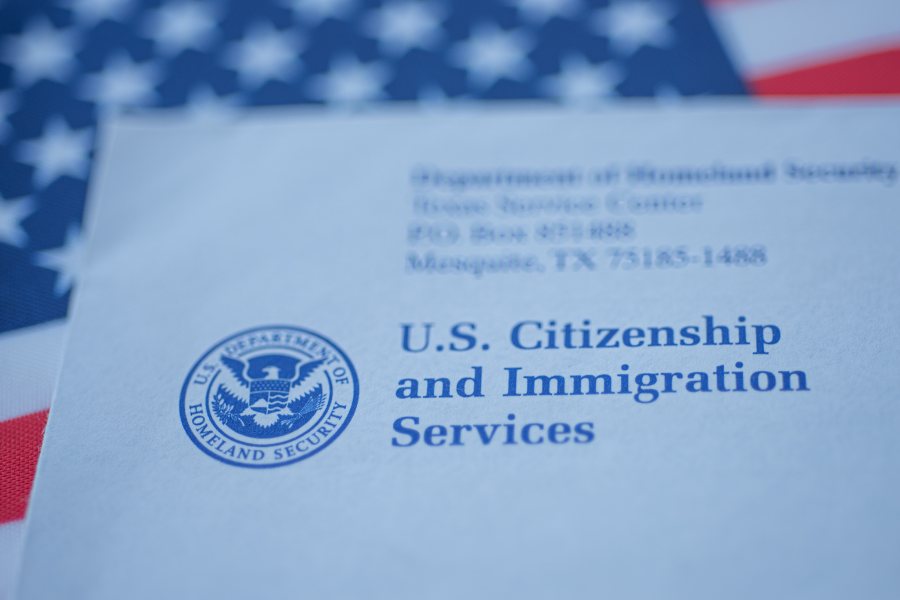The Trump Administration has announced a major change in the process for filing cap subject H-1B petitions. The proposed rule would replace the current random selection process by which USCIS selects H-1B registrations for filing of H-1B Cap-subject petitions with a system that prioritizes the selection of H-1B registrations by first selecting registrations based on the highest Occupational Employment Statistics (OES) prevailing wage level that the proffered wage equals or exceeds for the relevant Standard Occupational Classification (SOC) code and area(s) of intended employment. In other words, the new proposed selection process prioritizes registrations based on wage level, thus giving priority to those registrations by employers who are paying the highest prevailing wages. The rule will be published on November 2, 2020, with comments due within 30 days after publication.
Highlights of the New Rule
- USCIS will rank and select H-1B registrations received on the basis of the highest OES wage level that the proffered wage equaled or exceeded for the relevant SOC code and in the area of intended employment, beginning with wage level IV and proceeding in descending order to wage levels III, II, and I.
- If the proffered wage falls below an OES wage level I, because the proffered wage is based on a prevailing wage from another authoritative source (such as a private wage survey) USCIS will rank the registration as OES level I.
- The proposed rule makes no changes to the order of selection as between the regular cap and the advanced degree exemption. After completion of the selection process for the regular 65,000 H-1B cap, USCIS will apply the same ranking and selection process to meet the advanced-degree exemption if a sufficient number of registrations were submitted during the annual initial registration period to reach the advanced-degree exemption.
- If USCIS receives and ranks more registrations at a particular wage level than the projected number needed to meet the applicable numerical allocation, USCIS will randomly select from all registrations within that particular wage level to reach the applicable numerical limitation.
- If the H-1B beneficiary will work in multiple locations, USCIS will rank and select the registration based on the lowest corresponding OES wage level that the proffered wage will equal or exceed.
- Where there is no current OES prevailing wage information for the proffered position, USCIS will rank and select the registration based on the OES wage level that corresponds to the requirements of the proffered position.
- The electronic registration form (and the H-1B petition) will be amended to require the petitioner to provide the highest OES wage level that the proffered wage equals or exceeds for the relevant SOC code in the area of intended employment.
- USCIS may deny or revoke approval of a subsequent new or amended petition filed by the petitioner, or a related entity, on behalf of the same beneficiary, if USCIS determines that the filing of the new or amended petition is part of the petitioner’s attempt to unfairly decrease the proffered wage to an amount that would be equivalent to a lower wage level, after listing a higher wage level on the registration to increase the odds of selection.
In announcing the new proposed rule, the Department of Homeland Security stated that if finalized as proposed, “this new selection process would incentivize employers to offer higher wages or petition for positions requiring higher skills and higher-skilled workers instead of using the program to fill relatively lower-paid vacancies.” In a strongly worded critique, the American Immigration Lawyers Association (AILA) declared that the proposed rule was issued in violation of Congressional intent, which, AILA says, prioritizes the selection of H-1B visas in the ‘order in which they are filed’ and does not limit who can file a petition to those who will pay the most. Furthermore, Green and Spiegel wishes to note that this rule would severely hamper the ability of foreign national students to apply their university level education gained in the U.S. for the U.S. workforce as many of those positions are entry level (i.e. wage level 1).
If you would like to submit a formal comment on this proposed rule, go to the proposed rule to be published in the Federal Register. You will see a “Submit Formal Comment” link beneath the title of the proposed rule. Please note: The new proposed rule will not be published and open to comments until November 2, 2020, and the comment period will run for 30 days.
The proposed rule is likely to face legal challenges in federal court, and the final, published version of the rule may undergo significant changes before the H-1B Cap season begins shortly after the New Year.
We will continue to follow and report on this matter closely. If you have any questions about the proposed rule and how it may affect you or your business, please contact the attorneys at Green & Spiegel, LLC at (215) 395-8959.




